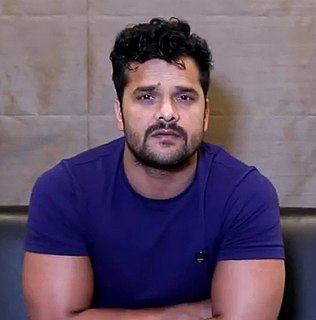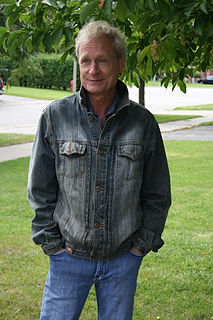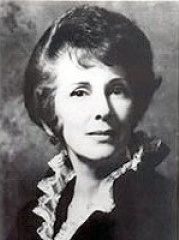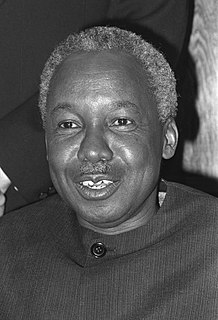A Quote by Joan Wallach Scott
I think what is being pointed out by African-Americans is that from slavery forward they have been living in a supposed democracy which treats them as less than other citizens, less than whites in the society. And I think that pointing out that there are structures of discrimination in the society, deeply rooted racist structures, that segregate housing, that send black children to ill-equipped schools, that discriminate in the workplace - these are truths about our society that must be faced.
Quote Topics
About
African
African-American
Been
Being
Black
Children
Citizens
Deeply
Democracy
Discriminate
Discrimination
Equipped
Faced
Forward
Housing
Ill
Less
Living
Must
Other
Our
Our Society
Out
Pointed
Pointing
Racist
Rooted
Schools
Send
Slavery
Society
Structures
Supposed
Than
Them
Think
Treats
Truths
Which
Whites
Workplace
Related Quotes
Modern children were considerably less innocent than parents and the larger society supposed, and postmodern children are less competent than their parents and the society as a whole would like to believe. . . . The perception of childhood competence has shifted much of the responsibility for child protection and security from parents and society to children themselves.
If we desire a society of peace, then we cannot achieve such a society through violence. If we desire a society without discrimination, then we must not discriminate against anyone in the process of building this society. If we desire a society that is democratic, then democracy must become a means as well as an end.
All of those on the left, as I am, have always vastly preferred the democratic society over the hierarchical society and still do, but the democratic culture doesn't exist without highly informed citizens capable of thinking well, and if you have schools in which 40 percent of the people coming out of them cannot make change for a dollar, you don't have a democracy. You have a sibling society.
I think the structures of exclusion are more systematically built up in American society, for example, so that young girls interested in science eventually lose their confidence over time. The structures of exclusion work against them. We have other structures of exclusion in India, but not around modern scientific knowledge.
Colonization was the idea that once slavery ended African-Americans should be encouraged - or required, in some people's view - required to leave the country. It's part of an attitude toward the abolition of slavery which says America should not be a slave society, but it can never be a multiracial society. You can never have free black and white people living together.
Every society has a right to fix the fundamental principles of its association, and to say to all individuals, that if they contemplate pursuits beyond the limits of these principles and involving dangers which the society chooses to avoid, they must go somewhere else for their exercise; that we want no citizens, and still less ephemeral and pseudo-citizens, on such terms. We may exclude them from our territory, as we do persons infected with disease.
The more you become a part of society, the less and less you are an individual, the less and less you are spontaneous - because the very membership in the society will not allow you to be spontaneous. You will have to follow the rules of the game. If you enter a society, you accept to follow those rules that the society is playing, or has decided to play.
Our society and our organizations have learned to value masculine, 'quick-fix' traits in leaders. In a primitive society, a rural society, or even the industrial society of the early 1990s, quick fixes worked out all right. But they are less likely to work in a complex society. We need to look at long-range outcomes now. Service and patience are what can keep things running effectively today and women can contribute a lot in both of these areas.
I do know this, though: I’m done pretending that the handful of racist gay white men out there—and they’re out there, and I think they’re scum—are a bigger problem for African Americans, gay and straight, than the huge numbers of homophobic African Americans are for gay Americans, whatever their color…I’ll eat my shorts if gay and lesbian voters went for McCain at anything approaching the rate that black voters went for Prop 8.
The public school system is not about educating black children. Never has been. Inner-city schools are about social control. Period. They’re operated as holding pens—miniature jails, really. It’s only when black children start breaking out of their pens and bothering white people that society even pays any attention to the issue of whether these children are being educated.
In every new generation, the impulses supposed to have been rooted out by discipline in the child break forth again when the struggle for existence - of the individual in society, of the society in the life of the state - begins. These passions are not transformed by the prevalent education of the day, but only repressed.







































